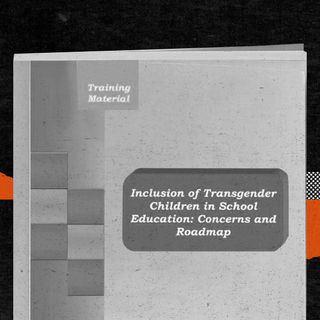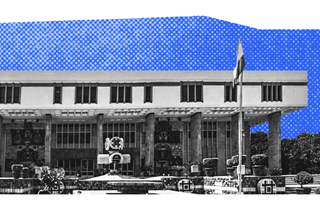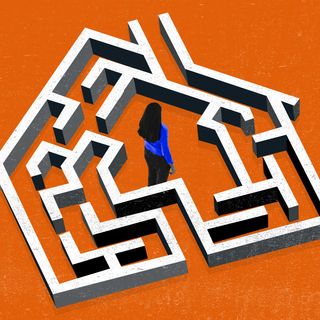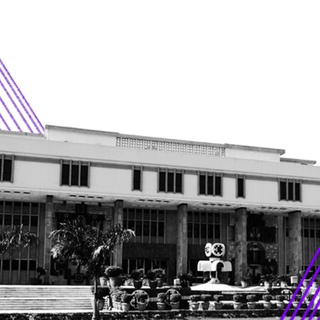In May last year, a 46-year-old Black man — unarmed and handcuffed — was killed by a white police officer in the city of Minneapolis in Minnesota. He lay on the ground while the police officer kneeled on his neck for more than seven minutes, even as he repeatedly said: “I can’t breathe.” As he lay motionless, his last words, which the officer didn’t heed while he was still alive, came to be associated widely with the protests his death sparked around the world. His name — George Floyd — became synonymous with police brutality.
His unfortunate death served as a wake-up call for other countries too, leading them to question the manner in which enforcers of law treat common citizens. Justice Najmi Waziri’s remarks from yesterday suggest India is among them. “Let no one have to repeat the tragic last words like George Perry Floyd, Jr. — ‘I can’t breathe,'” he said while ordering a fresh inquiry into violence against two people by Delhi’s police officials this year.
These individuals, Mohd Areeb Umar and Umair Siddiqui approached the court complaining that they were “mercilessly beaten, ill-treated, and grievously injured” by police officials at a police precinct in January. They further stated their complaints, which were investigated by the Vigilance Department, led to no consequences for the officials.
The Delhi High Court dismissed the “inquiry report” by the Vigilance Department citing evidence from photographs and videos that clearly show the petitioners being assaulted “by a posse of policemen who are in uniform and in civilian attire.”
Related on The Swaddle:
Telangana HC Orders Inquiry into Dalit Woman’s Death in Police Custody
Reminiscent of an unarmed Floyd being attacked by the police, Justice Waziri’s observations state: “The two civilians were not violent when they are walked into the said precincts. They possibly could not because they were surrounded and held by policemen… One can never be too vigilant about the rights of citizens being violated or any callousness or over-reaction by law enforcers which may lead to an unfortunate incident or tragedy.”
The judge went on to clarify that the law does not allow the police to use custodial violence even while conducting interrogations. This clarification was much needed in a society in which beating people up to “interrogate them more efficiently” and “extract the truth” out of them has been normalized — and even glorified — by TV shows like C.I.D. and an endless list of Bollywood movies like Rowdy Rathore, Dabangg, Mardaani, Singham, Simmba… the list is almost endless.
Last year, author Jinee Lokaneeta wrote in her book The Truth Machines: Policing, Violence, and Scientific Interrogations in India how measures such as “third-degree interrogation” feed into a culture of normalizing torture.
The torture isn’t just limited to beating civilians up. “They didn’t give me food for five days. I had to chew my clothes. I’d cry, scream, beg — urinating was like colic pain. They stripped me and beat me,” Kafeel Khan, a doctor who was jailed during the pandemic, had told The Swaddle.
Related on The Swaddle:
People Unjustly Questioned by Police Likely to Experience Depression, Drug Use: U.S. Study
This August, the government admitted before the Lok Sabha that at least 1,189 people were tortured and 348 people died in police custody between 2018-19 and 2020-21. “Most deaths in police custody occur primarily as a result of torture,” a report from 2019 notes.
At present, in India, torture by police officers is not criminalized as a separate offense. In 2017, the Law Commission of India submitted the draft Prevention of Torture Bill, 2017, but it hasn’t been passed yet. Additionally, the Indian government is yet to ratify the UN Convention Against Torture.
“Neither the Indian State is interested in documenting the cases nor has it been concerned to take measures towards prevention and prosecution in incidents of torture,” Baljit Kaur, a researcher at Delhi’s Quill Foundation, wrote in EPW.
“On the one hand, there is an overt and covert public denial of [the] existence of torture by the state actors, and on the other, there is a silent acceptance of torture in the society [making] it a ‘public secret,'” she added.




